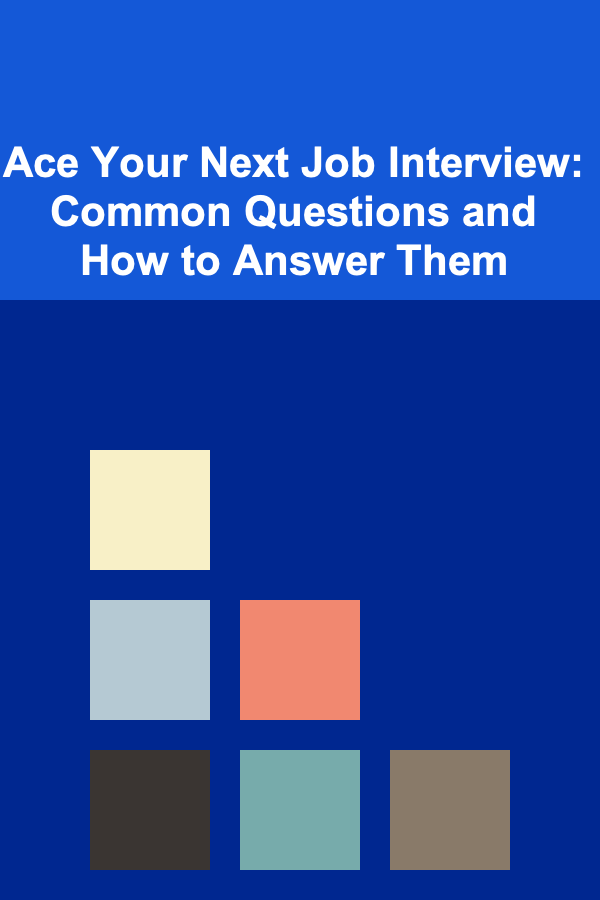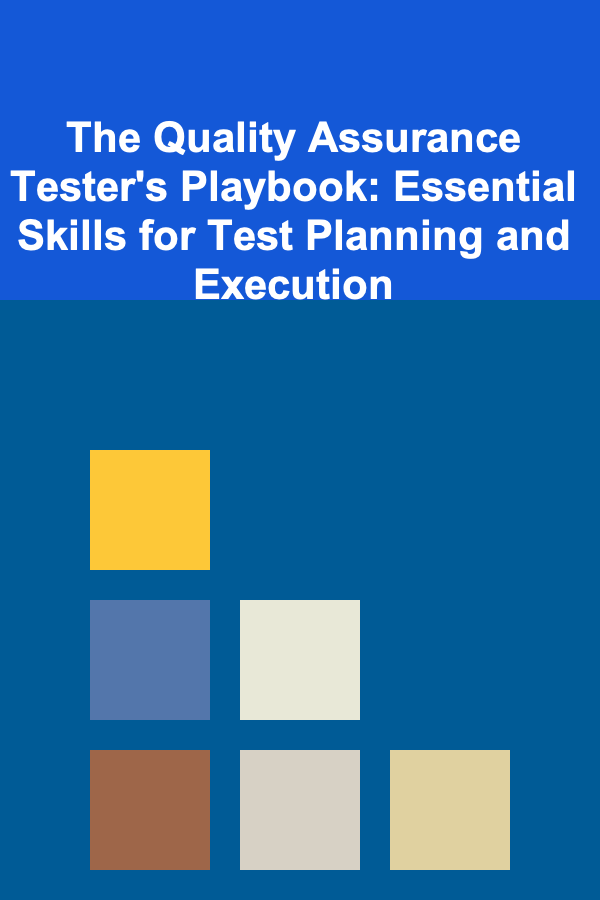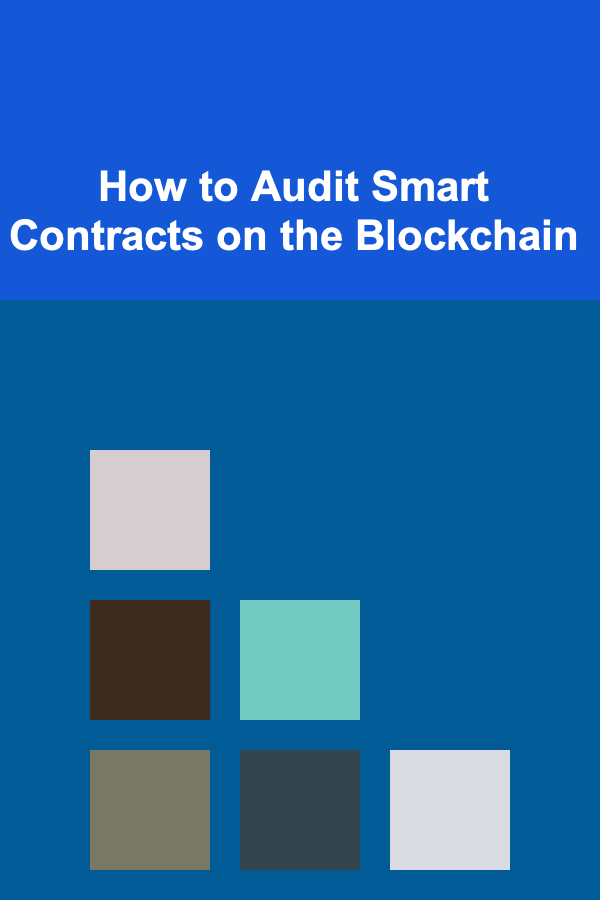
Ace Your Next Job Interview: Common Questions and How to Answer Them
ebook include PDF & Audio bundle (Micro Guide)
$12.99$6.99
Limited Time Offer! Order within the next:

Job interviews are an essential part of the hiring process, and how you perform during the interview can significantly influence the outcome of your job search. Regardless of the industry or the role you're applying for, you'll inevitably face a set of common questions that help employers gauge your qualifications, experience, and personality. Being well-prepared for these questions can help you navigate the interview with confidence and increase your chances of landing the job.
This actionable guide will cover the most common job interview questions, why employers ask them, and how you can craft the best responses to stand out. Whether you're a seasoned professional or a first-time job seeker, these tips and strategies will prepare you to answer with clarity and poise.
Tell Me About Yourself
Why They Ask:
The "Tell me about yourself" question is one of the first things you'll hear in most interviews. It's a broad and open-ended question designed to give the interviewer insight into your background, skills, and how well you can articulate your professional story. This question sets the tone for the rest of the interview, and a strong response will set you up for success.
How to Answer:
This is your chance to summarize your qualifications and professional experience. However, the key here is to keep it concise, relevant, and focused on your career trajectory rather than personal details.
A good approach to answering this question is the Present-Past-Future method:
- Present: Briefly describe your current situation, such as your current role or what you're studying, and your key responsibilities.
- Past: Highlight your relevant past experience or accomplishments that have prepared you for the role you're interviewing for.
- Future: Explain why you're excited about the opportunity and how the role fits into your career goals.
Example Answer: "I'm currently a marketing manager at XYZ Corp, where I oversee digital marketing campaigns, manage a team of three, and work closely with product development to create compelling messaging. Prior to that, I worked as a marketing coordinator, where I was able to grow the company's social media following by 25% in just six months. I'm looking for a new challenge where I can lead larger projects, and I'm excited about this role because it would allow me to apply my expertise in digital marketing while also growing as a leader in the field."
What Are Your Strengths?
Why They Ask:
This question is designed to gauge your self-awareness and see if you possess the skills necessary for the job. Employers want to know if your strengths align with the demands of the role.
How to Answer:
Choose strengths that are both relevant to the job and are qualities that make you stand out. Avoid generic answers like "I'm a hard worker" without providing examples or context. Instead, pick strengths that you can back up with specific instances where you've demonstrated these traits in the past.
Example Answer: "One of my key strengths is my ability to communicate effectively with both clients and team members. For example, in my current role as a project manager, I led a team through a challenging project with a tight deadline. I ensured constant communication through daily check-ins and clear documentation, which helped the team stay aligned and deliver the project on time. I also take pride in my adaptability---I've often had to adjust quickly to changes in project scope or timelines, which has helped me maintain productivity under pressure."
What Are Your Weaknesses?
Why They Ask:
This question is designed to assess your self-awareness, honesty, and ability to handle constructive criticism. Employers want to know that you can acknowledge areas for improvement and are actively working to grow professionally.
How to Answer:
The key to answering this question is to strike a balance between being honest and showing that you're proactive in addressing your weaknesses. Avoid cliché answers like "I'm a perfectionist" or "I work too hard." Instead, choose a genuine weakness and explain how you are working to improve it.
Example Answer: "One weakness I've been working on is delegating tasks. Early in my career, I was hesitant to delegate because I wanted to ensure everything was done perfectly. However, I've learned that delegating tasks not only lightens my workload but also empowers my team members to grow and develop new skills. To address this, I've started to trust my team more and communicate clearer expectations, which has led to better outcomes and improved team collaboration."
Why Do You Want to Work Here?
Why They Ask:
This question assesses whether you've done your research about the company and whether you're genuinely interested in the role. It also helps employers determine if your values align with the company's culture.
How to Answer:
Be specific and tie your answer to something about the company or the role that excites you. Avoid generic answers like "I need a job" or "This company has a great reputation." Instead, focus on what motivates you about the role and how you align with the company's mission, values, or products.
Example Answer: "I've been following your company for a while, and I admire the work you're doing in sustainability. I'm particularly excited about the opportunity to contribute to your green initiatives. In my current role, I led a project that reduced our department's environmental impact by 20%, and I'm eager to apply my experience to a company that shares my commitment to sustainability. I also appreciate your emphasis on professional development, and I'm looking for a role where I can grow both my skills and my career."
Where Do You See Yourself in 5 Years?
Why They Ask:
This question helps employers assess your long-term goals and determine whether the role fits into your career trajectory. They want to ensure you're committed to the position and will stay with the company for the foreseeable future.
How to Answer:
It's important to show that you are looking for growth opportunities while demonstrating that the role aligns with your long-term career goals. Avoid saying that you don't know where you'll be, or that you plan to leave the company after a short period.
Example Answer: "In five years, I see myself in a leadership position, where I can take on more responsibility and help guide a team. I'm excited about the potential to develop my skills in project management and expand my knowledge in [industry-specific area]. I'm also committed to continuous learning, so I would love to take on new challenges and contribute to the company's growth. This role is an ideal opportunity for me to grow both personally and professionally."
Why Should We Hire You?
Why They Ask:
This is your chance to sell yourself and highlight your key qualifications. Employers want to know why you're the best fit for the role and what you bring to the table that other candidates might not.
How to Answer:
Summarize the strengths, skills, and experiences you've discussed throughout the interview, and connect them directly to the needs of the role. Be confident, but avoid sounding arrogant.
Example Answer: "I believe I am the ideal candidate for this role because I have the combination of skills, experience, and passion that will help your team succeed. My background in [specific skill or experience] makes me well-suited to the challenges of this position, and I'm confident in my ability to contribute from day one. Additionally, I am committed to ongoing learning and professional growth, which means I'll continue to adapt and thrive as your needs evolve."
Tell Me About a Time You Faced a Challenge at Work and How You Overcame It
Why They Ask:
This question is designed to evaluate your problem-solving abilities and how you handle difficult situations. Employers want to know if you can manage challenges in a productive way.
How to Answer:
Use the STAR method (Situation, Task, Action, Result) to structure your answer. Be specific about the challenge, the steps you took to overcome it, and the positive outcome that resulted.
Example Answer: "In my previous role, I was tasked with leading a project that was behind schedule and over budget. The challenge was to deliver it on time without compromising quality. I first identified the root causes of the delays and met with the team to brainstorm solutions. I reallocated resources, adjusted the timeline, and implemented daily check-ins to track progress. As a result, we delivered the project two days ahead of the revised deadline, and the client was very pleased with the outcome."
Do You Have Any Questions for Us?
Why They Ask:
This is often the final question in an interview. Employers want to know if you've thought critically about the role and whether you have any concerns or interests regarding the company.
How to Answer:
Prepare thoughtful questions that show you've researched the company and are genuinely interested in the role. Avoid asking questions about salary and benefits at this stage unless the interviewer brings it up. Instead, focus on the company's culture, team dynamics, or opportunities for growth.
Example Questions to Ask:
- "What does success look like in this role, and how is it measured?"
- "Can you describe the team I'll be working with?"
- "What are the next steps in the hiring process?"
Conclusion
Job interviews can be nerve-wracking, but with preparation and the right approach, you can turn them into an opportunity to showcase your qualifications and impress potential employers. By practicing your answers to common questions, being confident, and staying focused on what makes you a great fit for the role, you can ace your next interview and land your dream job.
Remember, the key is to demonstrate your skills, experience, and enthusiasm for the position, while also showing your potential to contribute to the company's success. With these tips, you'll be ready to face any interview with confidence and clarity.

The Quality Assurance Tester's Playbook: Essential Skills for Test Planning and Execution
Read More
How to Understand Blockchain Sidechains and Their Benefits
Read More
How to Prevent Common Running Injuries
Read More
How to Plan a Healthy Diet for Cancer Prevention
Read More
How to Audit Smart Contracts on the Blockchain
Read More
How To Use Visual Timers to Stay on Track
Read MoreOther Products

The Quality Assurance Tester's Playbook: Essential Skills for Test Planning and Execution
Read More
How to Understand Blockchain Sidechains and Their Benefits
Read More
How to Prevent Common Running Injuries
Read More
How to Plan a Healthy Diet for Cancer Prevention
Read More
How to Audit Smart Contracts on the Blockchain
Read More